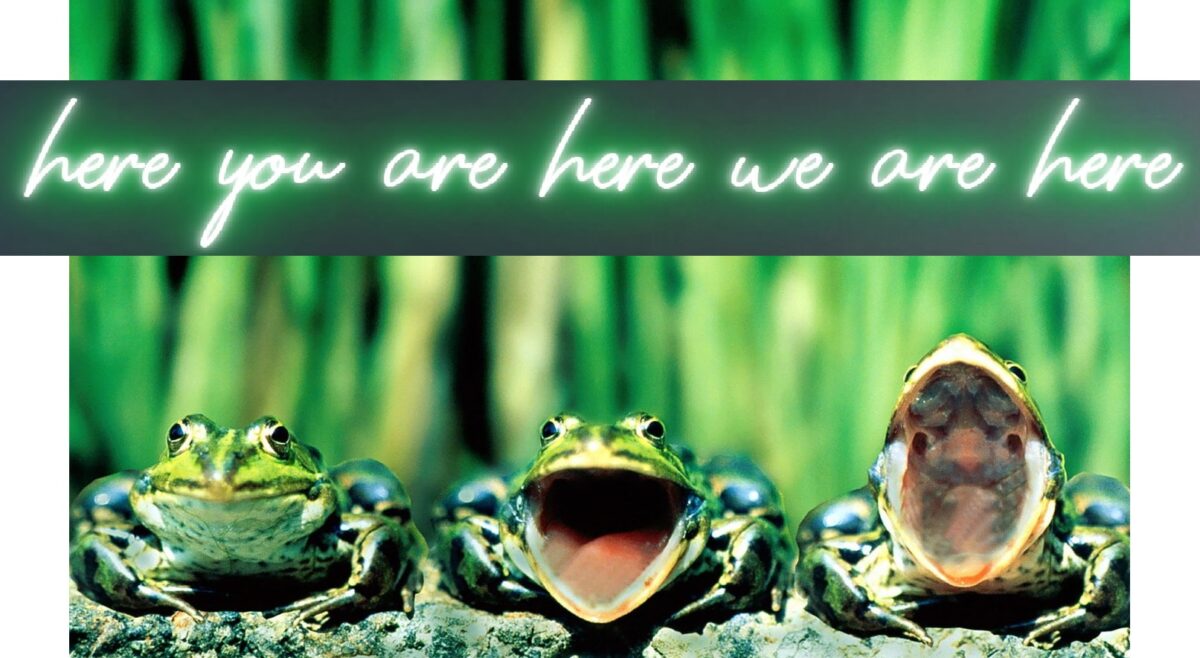Interdisciplinary study group based in Music (ECA) exploring current topics in creative-expressive arts research. We identify these based on our collective interests and expertise in ethnomusicology, psychology, digital and online education, and applied community music research. We range widely across topics, because we’re interested primarily in the material and practical situations of music and arts activities in social life. This scope means that we discuss methodological aspects of music research based in a wide disciplinary range of methods and approaches, from scientific design to creative and artistic practice.
Semester 2, 2024-5 [more info]
- Thu 23 Jan, 14:30-16:00 – Understanding musical listening literature
- Thu 27 Feb, 14:30-16:00 – Writing and publishing (research professional skills session)
- Thu 27 Mar, 14:30-16:00 – Dialogue as methodology in music research (presentation of work-in-progress by Morag)
- Thu 24 Apr, 14:30-16:00 – no study group this week
- Thu 29 May, 14:30-16:00 – Musicianship in the situation of the primary classroom
- UPDATED Thu 26 Jun, 14:30-16:00 – Does the jazz musician leadership metaphor still work?
Semester 1, 2024-5 [more info]
- Fri 13 Sep, 11-12:30 – Summer conference debrief
- Fri 18 Oct, 11-12:30 – Music education research and disciplines / interdisciplinarity
- Thu 14 Nov, 14.30 – 16.00 – Auditory expertise in recording situations
- Thu 12 Dec, 14.30 – 16.00 – Social dynamics in bands
Study day, 18 April 2024
- Creative arts education study day: Current and future situations – Atrium, Alison House + online (MS Teams) – please email n.moran@ed.ac.uk by Tue 16th if you would like to attend
Semester 2, 2023-4
- How do music and arts educational situations prepare us for creative, interpersonal communication? – Fri 2 Feb, 11am
- Classical Music Futures – who’s doing the research and what do they have to say? – Wed 14 Feb, 11.30am
- Musical improvisation research and ethics – Tue 26 Mar, 10am
Semester 1, 2023-4
- Creativity and the time-pressured situation of musical performance – Fri 22 Sep, 11am
- Understanding performance anxiety as a University Music situation – Fri 6 Oct, 11am
- Creating and Relating: Embodiment and Sound – Situations group @ UNESCO Week of Sound – Tue 17 Oct, 3pm
- Listening methodologies for qualitative music research – Fri 27 Oct, 11am
- Participation and learner engagement in conservatoire settings – Fri 17 Nov, 11am – with Naomi Kayayan
- Ethnomusicological insights on situated musicality – Fri 8 Dec, 11am
Semester 2, 2022-3
- Together in Music (ed. Timmers, Bailes and Daffern), Part 1 – Tu 7 Feb, 11am
- Together in Music (ed. Timmers, Bailes and Daffern), Part 2 – Fri 3 Mar, 11am
- Situations group study day and social – Tue 14 Mar, 1-6pm – with Jutta Toelle
- Together in Music (ed. Timmers, Bailes and Daffern), Part 3 – Thu 25 May, 11am
Semester 1, 2022-3
- Leadership and taking part in musical ensembles – Fri 16 Sep, 11am
- Making participation happen (music in the community) – Fri 7 Oct, 11am
- Music’s situation in higher education – Thu 27 Oct, 10:30am
- Participating in digital (music) education – Fri 18 Nov, 11am
- Music perception and creativity – Fri 2 Dec, 11am – with Andrea Schiavio
For more information, email Nikki or Una (Reid School of Music, ECA)
